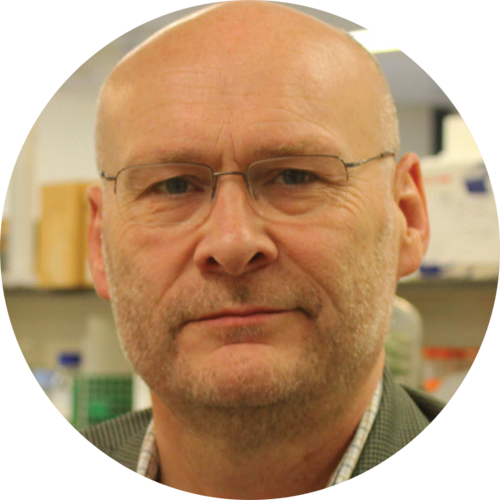John Innes Centre, United Kingdom
Q: What is the focus of your lab’s research?
A: Our research is focused on developing and exploiting chemical tools and principles to address questions in plant and microbial carbohydrate biochemistry. Projects typically involve some combination of chemical and enzymatic synthesis, inhibitor design and assessment, biochemistry, structural biology and omics analyses.
Q: What was your previous workflow or challenges?
A: We synthesize a lot of different molecules in the lab, many of which have relatively low molecular weights. To acquire low resolution MS spectra of purified compounds we relied on MALDI-TOF or on direct injection into an expensive LC-MS system (ESI). Access to these instruments required booking in advance and there was also often a delay in obtaining results.
Q: Why did you incorporate the expression® CMS into your lab?
A: We wanted an instrument that would allow rapid access to low resolution MS data for low molecular weight compounds. Immediate access to this instrument allows rapid confirmation of product formation in chemical and ezymatic syntheses; the Compact Mass Spectrometer (CMS) is particularly useful for rapid identification of analytes from LC separations. All of this can be done by direct injection but in our lab the injection from a TLC silica plate using the Advion Interchim Scientific Plate Express™ is being increasingly used as a faster alternative. The APCI ion source is another great capability of the CMS, particularly for analysis of lipophilic compounds such as triterpenes, which we have experienced difficulties in analysing by other ionisation techniques.
Q: Who would you recommend to purchase the expression® CMS?
A: Any group working with organic molecules that requires fast access to low resolution MS spectra. We would especially recommend coupling the expression® CMS with the Plate Express™ for labs that routinely use TLC for monitoring chemical syntheses and biotransformations.

